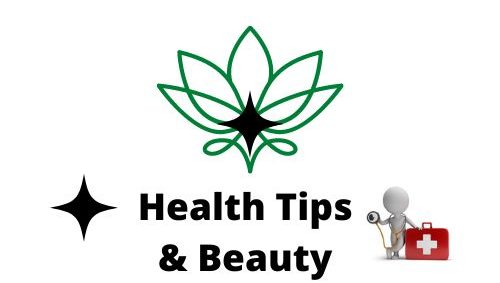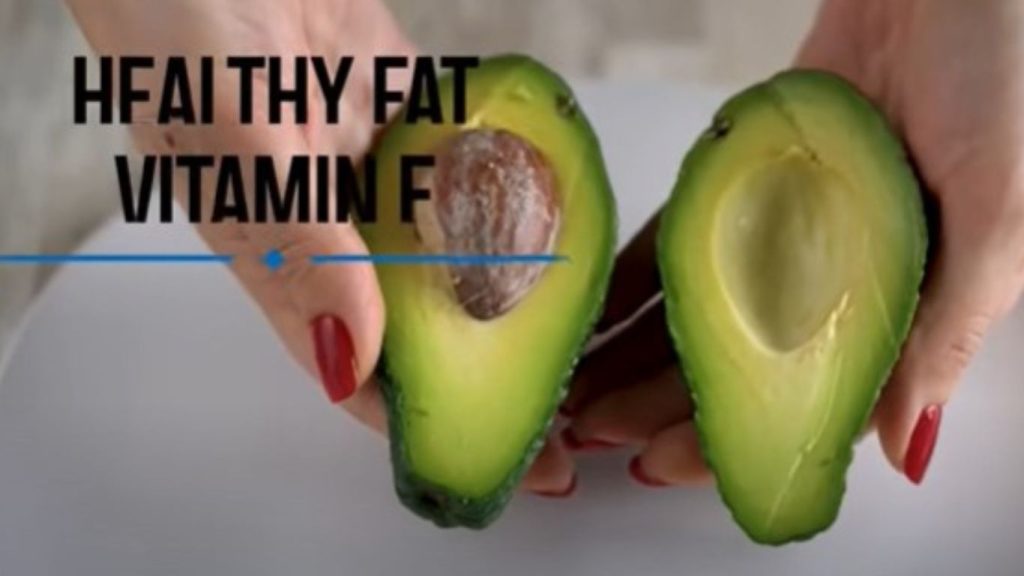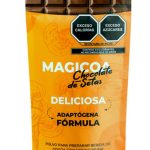As an Amazon Associate ,I earn from qualifying purchase .
Achieving beautiful, strong, and healthy hair involves more than just using the right shampoo, hair mask, or oil. While topical treatments can help, true hair health starts from within. To nourish your hair and promote growth, you need to feed your body with the right nutrients. In this article, we explore the top 20 foods that are essential for maintaining vibrant, strong, and silky hair. We’ll also answer important questions like “Which food is good for hair?” and “How to make hair roots strong?”
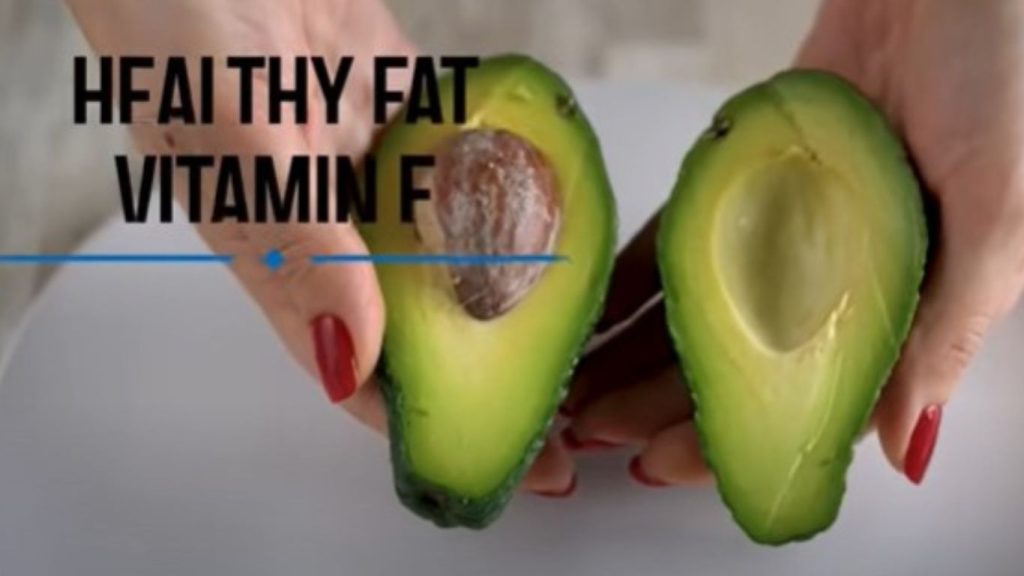
Salmon
Salmon is a powerhouse for hair health due to its high omega-3 fatty acids. These healthy fats promote hair growth by nourishing the hair follicles, making them stronger and shinier. Omega-3s also help reduce inflammation in the scalp, which can contribute to hair loss.
- Best subtopic: How to grow hair faster?
Analysis: Omega-3 fatty acids improve blood circulation in the scalp, stimulating hair follicles and leading to faster hair growth.
Eggs
Eggs are a rich source of protein and biotin, two crucial components for hair growth and strength. Protein forms the building blocks of hair, while biotin helps in the production of keratin, a key structural protein for hair.
- Best subtopic: How to make hair roots strong?
Analysis: Biotin deficiency can lead to hair thinning and loss. Regular consumption of eggs ensures that your hair roots are well-nourished and strong.
Spinach
Spinach is packed with iron, vitamins A and C, and folate. Iron helps red blood cells carry oxygen to hair follicles, which is essential for hair growth and repair.
- Best subtopic: Which food is good for hair?
Analysis: Iron deficiency is one of the main causes of hair loss, so including spinach in your diet can prevent hair shedding and promote healthier growth.
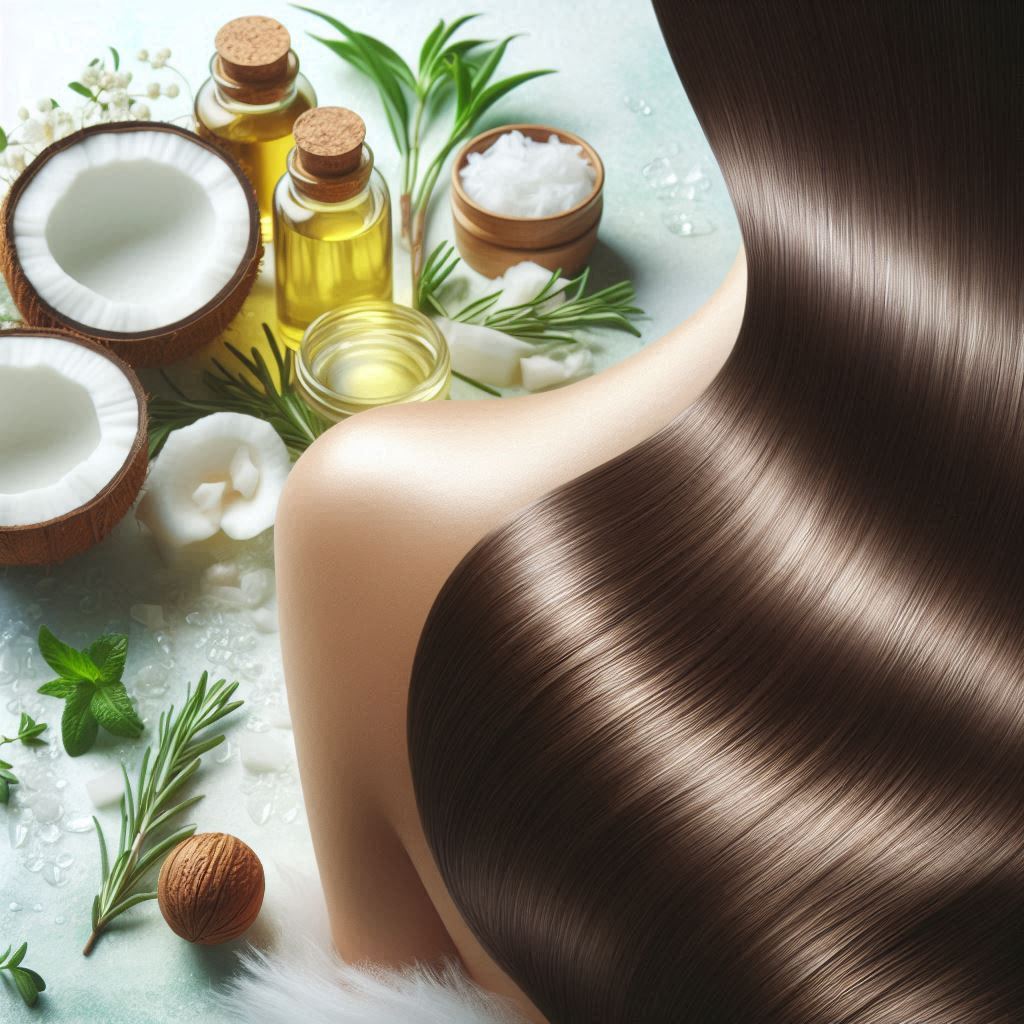
Nuts (Almonds, Walnuts)
Nuts are loaded with nutrients like vitamin E, zinc, and healthy fats. Vitamin E is an antioxidant that protects hair follicles from damage, while zinc keeps the oil glands around hair follicles functioning properly.
- Best subtopic: How to get perfect hair?
Analysis: Regularly eating nuts improves hair elasticity and texture, leading to softer and shinier hair.
Sweet Potatoes
Sweet potatoes are an excellent source of beta-carotene, which your body converts to vitamin A. This vitamin promotes sebum production, which keeps your hair moisturized and healthy.
- Best subtopic: How to make hair silky?
Analysis: Vitamin A deficiency can result in dry and brittle hair. Sweet potatoes help to maintain a natural shine and hydration.
Greek Yogurt
Greek yogurt is rich in protein and vitamin B5 (pantothenic acid). Pantothenic acid helps increase blood flow to the scalp and combats hair thinning.
- Best subtopic: Which oil is best for hair?
Analysis: While oils help topically, nutrients like vitamin B5 from Greek yogurt promote internal nourishment and protect hair against damage.
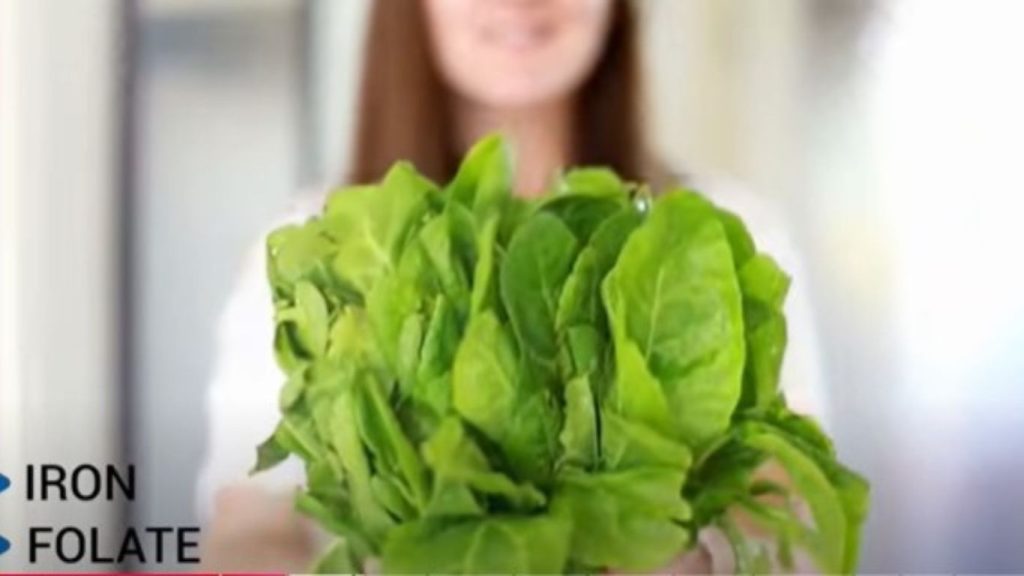
Avocado
Avocados are loaded with vitamin E and healthy fats. Vitamin E improves blood circulation and helps the hair follicles work more efficiently, promoting hair growth.
- Best subtopic: Does oiling hair make it thicker?
Analysis: Eating healthy fats such as those found in avocados supports overall hair health and thickness by nourishing the scalp from within.
Berries
Berries, especially strawberries, are rich in vitamin C and antioxidants. Vitamin C helps the body produce collagen, which strengthens hair strands and prevents them from becoming brittle.
- Best subtopic: How to make hair roots strong?
Analysis: Antioxidants in berries combat free radicals, protecting hair follicles from oxidative stress and damage.
Carrots
Carrots are a fantastic source of vitamin A, which promotes healthy scalp conditions and sebum production. This helps prevent hair from drying out.
- Best subtopic: Which hair oil not to use?
Analysis: While some oils can clog hair follicles, a diet rich in vitamin A supports natural oil production, keeping the scalp balanced without the need for heavy oils.
Pumpkin Seeds
Pumpkin seeds are high in zinc, which is crucial for maintaining a healthy hair growth cycle. Zinc deficiency can lead to hair shedding.
- Best subtopic: How to grow hair faster?
Analysis: Regular consumption of pumpkin seeds helps regulate hormone levels that are responsible for hair growth.
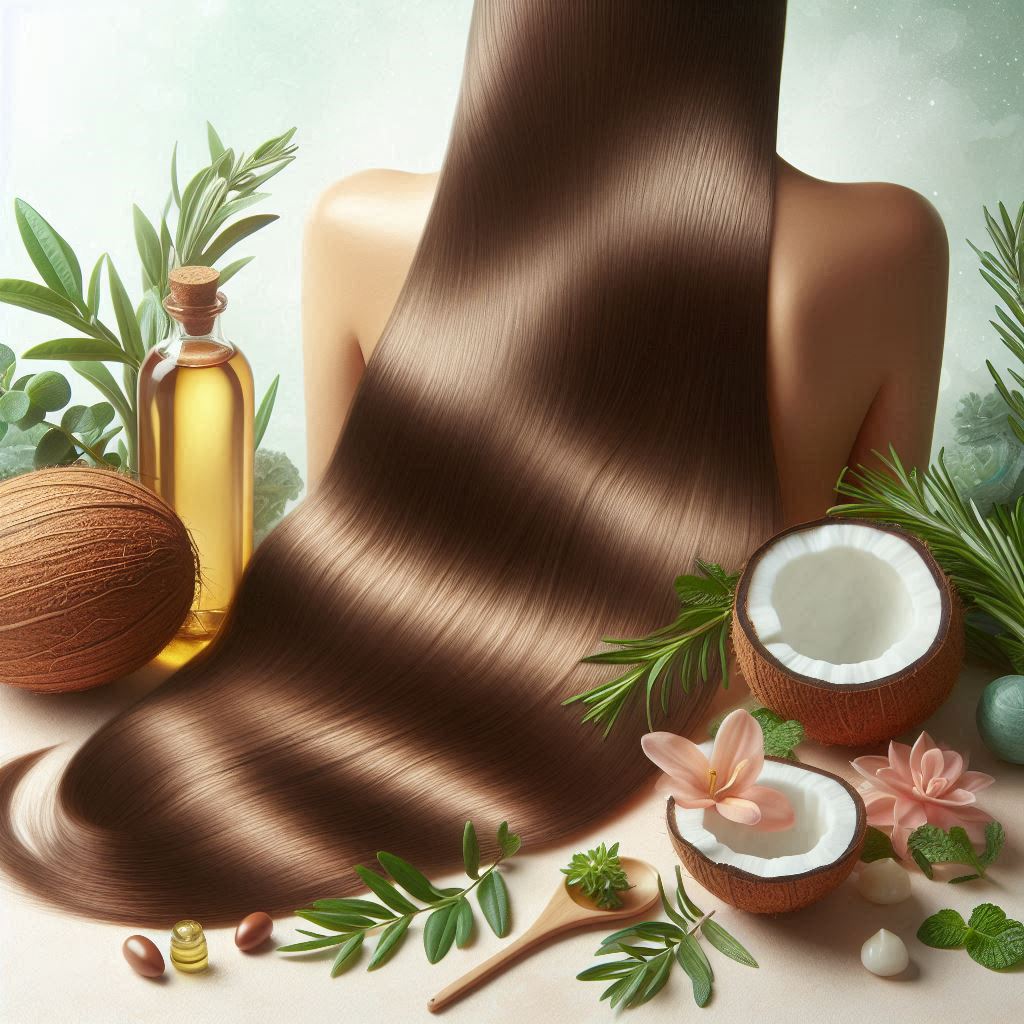
Beans and Legumes
Beans and lentils are excellent sources of plant-based protein, iron, zinc, and biotin. They provide essential nutrients for hair structure and repair.
- Best subtopic: How to make hair roots strong?
Analysis: Protein and biotin strengthen hair strands and roots, making hair more resilient.
Oysters
Oysters contain a high concentration of zinc, a mineral essential for hair growth and repair. Zinc plays a vital role in maintaining the oil glands around hair follicles.
- Best subtopic: How to get perfect hair?
Analysis: Zinc deficiency has been linked to hair loss, so incorporating oysters can prevent shedding and enhance hair growth.
Cottage Cheese
Cottage cheese is a good source of protein and calcium. Calcium aids in various cellular processes and is involved in hair structure maintenance.
- Best subtopic: How to make hair silky?
Analysis: The protein content helps rebuild weak hair shafts, leading to smoother and softer hair.
Quinoa
Quinoa is rich in protein, iron, and amino acids that are essential for repairing and maintaining healthy hair strands.
- Best subtopic: How to make hair roots strong?
Analysis: The complete amino acid profile in quinoa helps stimulate and support hair follicles for optimal growth.
Flaxseeds
Flaxseeds are rich in omega-3 fatty acids and lignans. These nutrients provide hydration to the scalp and protect hair from breakage.
- Best subtopic: Does oiling hair make it thicker?
Analysis: Including flaxseeds in your diet can add volume and prevent hair breakage by keeping strands well-moisturized from the inside.

Bell Peppers
Bell peppers, especially red ones, are high in vitamin C, which promotes hair growth by supporting collagen production and iron absorption.
- Best subtopic: How to grow hair faster?
Analysis: Vitamin C not only improves hair structure but also strengthens the hair shaft and follicles.
Kiwi
Kiwi is rich in antioxidants and vitamin C, which supports healthy hair growth and reduces hair fall.
- Best subtopic: How to make hair silky?
Analysis: Regular consumption of kiwi ensures that hair strands remain hydrated and smooth.
Lean Meats (Chicken, Turkey)
Lean meats provide a high amount of protein and iron, two vital components for hair growth and repair.
- Best subtopic: Which food is good for hair?
Analysis: Adequate protein intake is essential for hair structure, while iron prevents thinning and promotes growth.
Shrimp
Shrimp contains zinc, iron, and B vitamins, making it an excellent addition for hair growth and strength.
- Best subtopic: How to grow hair faster?
Analysis: Zinc and iron ensure that hair roots get enough oxygen and nutrients, promoting thicker hair growth.
Blueberries
Blueberries are full of vitamin C and antioxidants that promote collagen synthesis and hair health.
- Best subtopic: How to make hair silky?
Analysis: The antioxidants help protect hair follicles from environmental damage, while vitamin C boosts hair shine.
The Science of Hair Growth
Hair grows from follicles located in the scalp. On average, hair grows about half an inch per month, which amounts to roughly six inches per year. Factors such as age, genetics, diet, and hair care practices influence this rate. Proper nutrition and using the right hair oils can enhance hair growth by promoting scalp health, improving blood circulation, and providing nourishment to hair follicles.
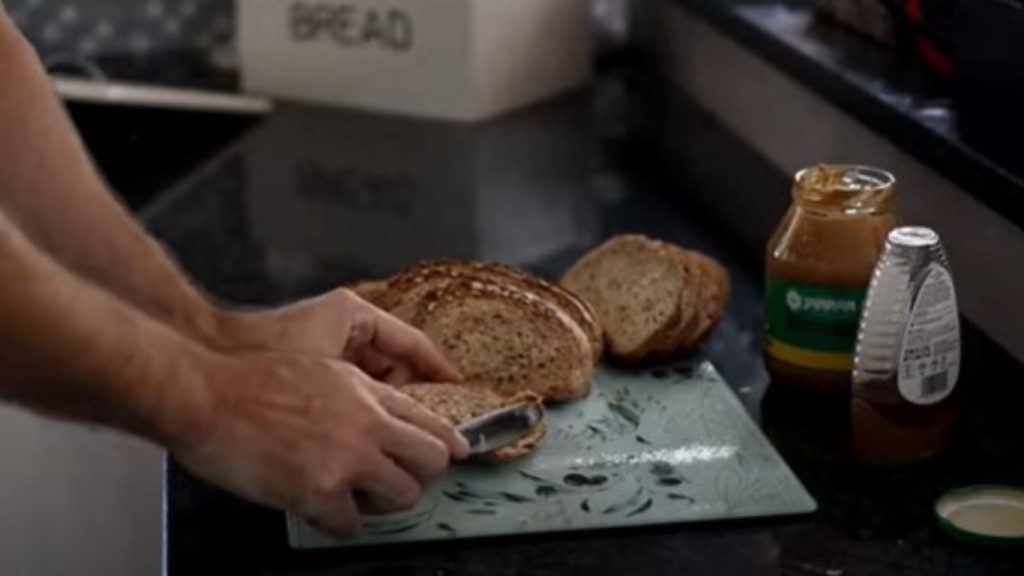
Which Oil is Best for Hair?
Oils are essential for hair care as they provide deep nourishment, strengthen hair roots, and can accelerate hair growth. Here’s a breakdown of the best oils for hair growth:
- Coconut Oil: Coconut oil is rich in lauric acid, which penetrates the hair shaft, reducing protein loss and preventing breakage. Its natural antibacterial and antifungal properties also help maintain a healthy scalp.
- Argan Oil: Known as “liquid gold,” argan oil is full of antioxidants, vitamin E, and fatty acids. It moisturizes hair, making it smoother and less prone to damage.
- Castor Oil: Castor oil contains ricinoleic acid, a fatty acid that improves blood circulation to the scalp. Its high vitamin E content helps nourish hair and strengthen hair roots.
- Olive Oil: Olive oil is an excellent source of antioxidants and essential nutrients, such as oleic acid, which helps condition the scalp and prevent hair damage.
- Rosemary Oil: Studies have shown that rosemary oil can be as effective as minoxidil, a common hair growth treatment. It helps stimulate blood circulation and hair follicle activity, promoting hair growth.
Analysis: Incorporating these oils into your hair care routine can create an environment conducive to faster hair growth. The nutrients in these oils penetrate the scalp and hair shaft, helping repair damage and stimulate growth.
Does Oiling Hair Make It Thicker?
One of the most commonly asked questions is, “Does oiling hair make it thicker?” The answer is yes, to an extent. Here’s how:
- Improved Scalp Health: Regular oiling improves scalp health by maintaining its natural moisture balance. This prevents dryness and dandruff, both of which can inhibit hair growth.
- Enhanced Blood Circulation: Massaging oil into the scalp increases blood flow, ensuring that hair follicles receive more nutrients and oxygen, which promotes hair thickness.
- Reduced Hair Breakage: Oiling adds a protective layer around the hair shaft, reducing friction and breakage. Healthy, intact hair strands contribute to overall hair thickness.
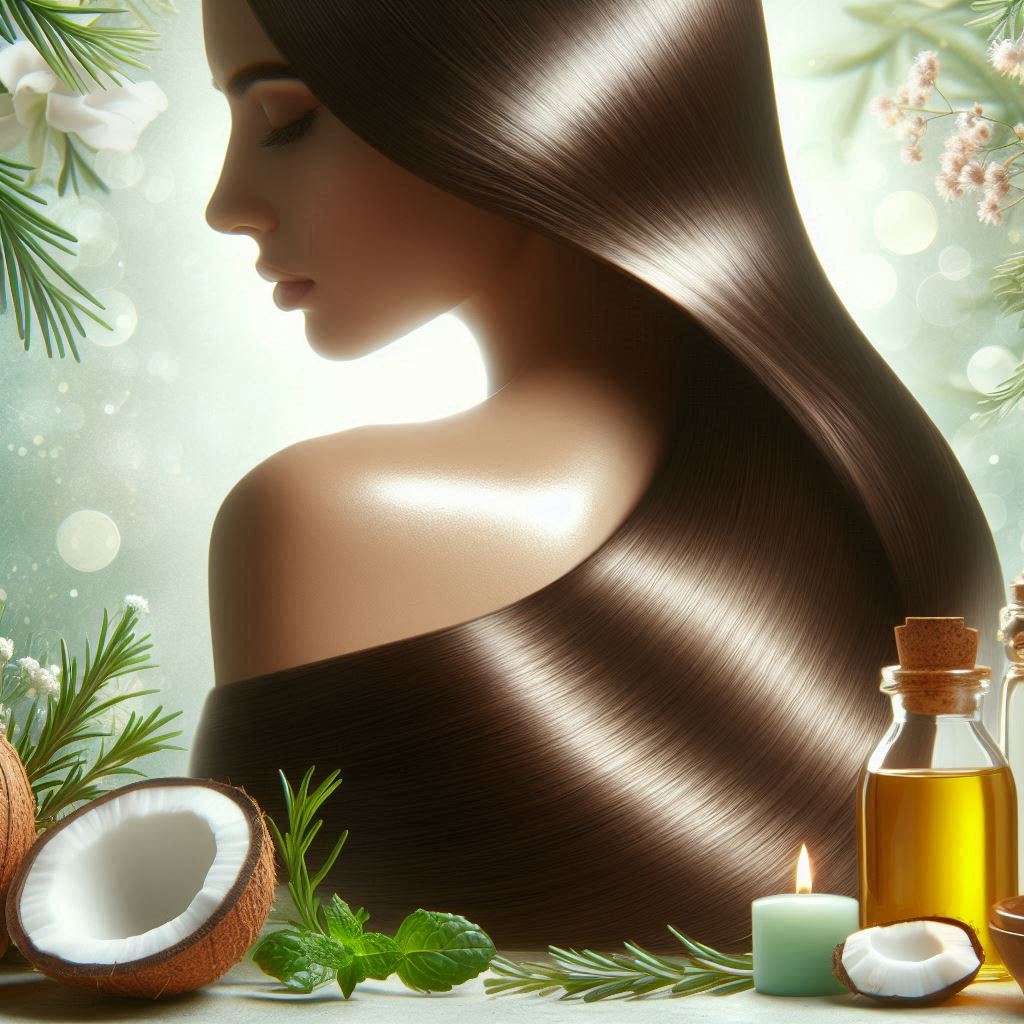
Analysis: While oiling alone might not change the number of hair follicles, it can enhance the appearance of hair by making it stronger and less prone to breakage, resulting in thicker-looking hair over time.
How to Make Hair Roots Strong?
Strong hair roots are the foundation for faster hair growth and overall hair health. Here’s how to reinforce them:
- Scalp Massages: Regular scalp massages with nutrient-rich oils, like coconut or castor oil, stimulate blood circulation and improve root strength.
- Balanced Diet: A diet rich in protein, vitamins (especially vitamin D and biotin), and minerals such as zinc and iron is essential for healthy hair roots. Leafy greens, eggs, nuts, and fish are great options.
- Avoid Over-Styling: Frequent use of heat styling tools can weaken hair roots over time. Opt for natural drying methods and use heat protectants when necessary.
Analysis: Strong hair roots are less susceptible to damage and hair fall. Combining a nutrient-rich diet with the right oils and gentle hair care practices can greatly improve root strength.
Which Hair Oil Not to Use?
While many oils are beneficial, some oils may not be suitable for everyone:
- Mineral Oil: Often used as a cheap alternative in hair products, mineral oil lacks the nutrients that natural oils provide and can block hair follicles, inhibiting growth.
- Synthetic Oils with Additives: Oils containing synthetic fragrances or parabens can irritate the scalp and lead to dryness or allergic reactions.
Analysis: Always choose natural, cold-pressed oils without additives for the best results. Testing a small patch of skin before using a new oil is also advisable to rule out any allergic reactions.
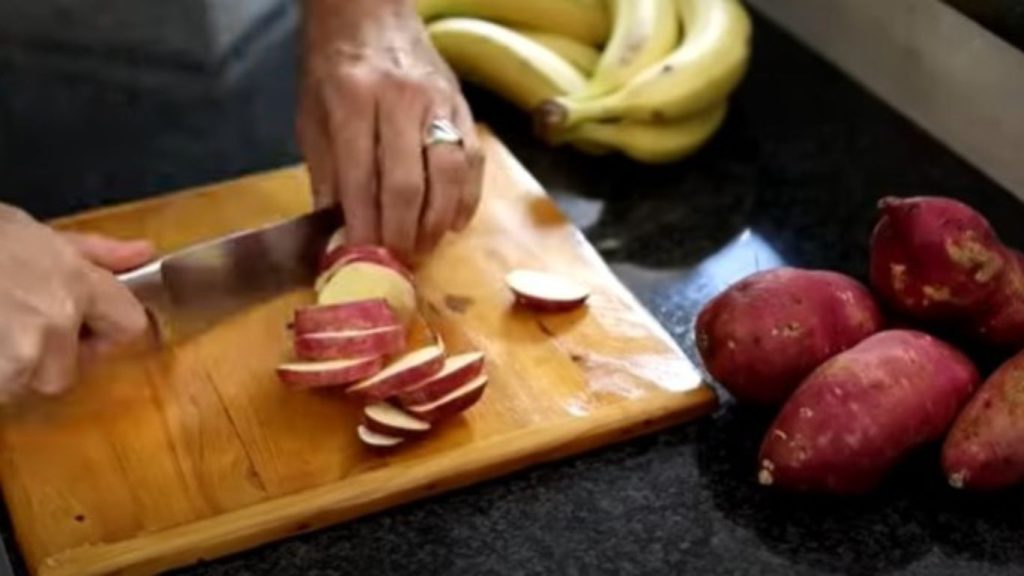
How to Grow Hair Faster? Proven Methods
If you’re aiming to speed up hair growth, consider these strategies:
- Use Hair Growth Oils: Applying oils like rosemary and castor oil directly to the scalp and massaging them in helps stimulate hair growth.
- Stay Hydrated: Drinking plenty of water is vital for overall health, including hair health. Hydrated hair is less prone to dryness and breakage.
- Trim Regularly: Although it may sound counterintuitive, trimming your hair every 8-12 weeks prevents split ends from traveling up the hair shaft and causing more damage, allowing hair to grow longer without setbacks.
- Avoid Tight Hairstyles: Hairstyles that pull on the hair, such as tight ponytails and braids, can weaken the roots and cause hair to break or fall out.
- Reduce Stress: Chronic stress can lead to hair loss by disrupting the hair growth cycle. Practices like yoga, meditation, and exercise help reduce stress levels, supporting faster hair growth.
Analysis: While none of these methods will work overnight, consistency is key. A combination of a healthy diet, proper hair care practices, and the use of growth-promoting oils will yield the best results over time.
How to Make Hair Silky?
Achieving silky, smooth hair can complement your efforts to grow hair faster. Here are some tips:
- Deep Conditioning Treatments: Using a deep conditioning mask or treatment weekly can keep your hair hydrated and silky.
- Rinse with Cold Water: Cold water helps seal the hair cuticle, making hair appear shinier and smoother.
- Apply Lightweight Oils: Oils like argan and almond oil are light enough to be used after washing to keep hair sleek without weighing it down.
Analysis: A mix of external conditioning and internal nutrition will help achieve that desired silky texture. Using lightweight oils can keep your hair smooth without buildup.
How to Get Perfect Hair?
“Perfect hair” means different things to different people. However, for most, it involves hair that is healthy, shiny, and resilient. To get perfect hair:
- Maintain a Balanced Diet: Include lean proteins, omega-3 fatty acids, and a variety of vitamins in your diet.
- Use Natural Products: Opt for sulfate-free shampoos and conditioners that do not strip natural oils from the scalp.
- Protect from Environmental Damage: Use hats or scarves in harsh weather and apply products with UV protection.
Analysis: Perfect hair is achievable through a combination of consistent care, diet, and mindful product choices. Adding oils like coconut or argan oil to your routine can offer that extra shine and manageability.
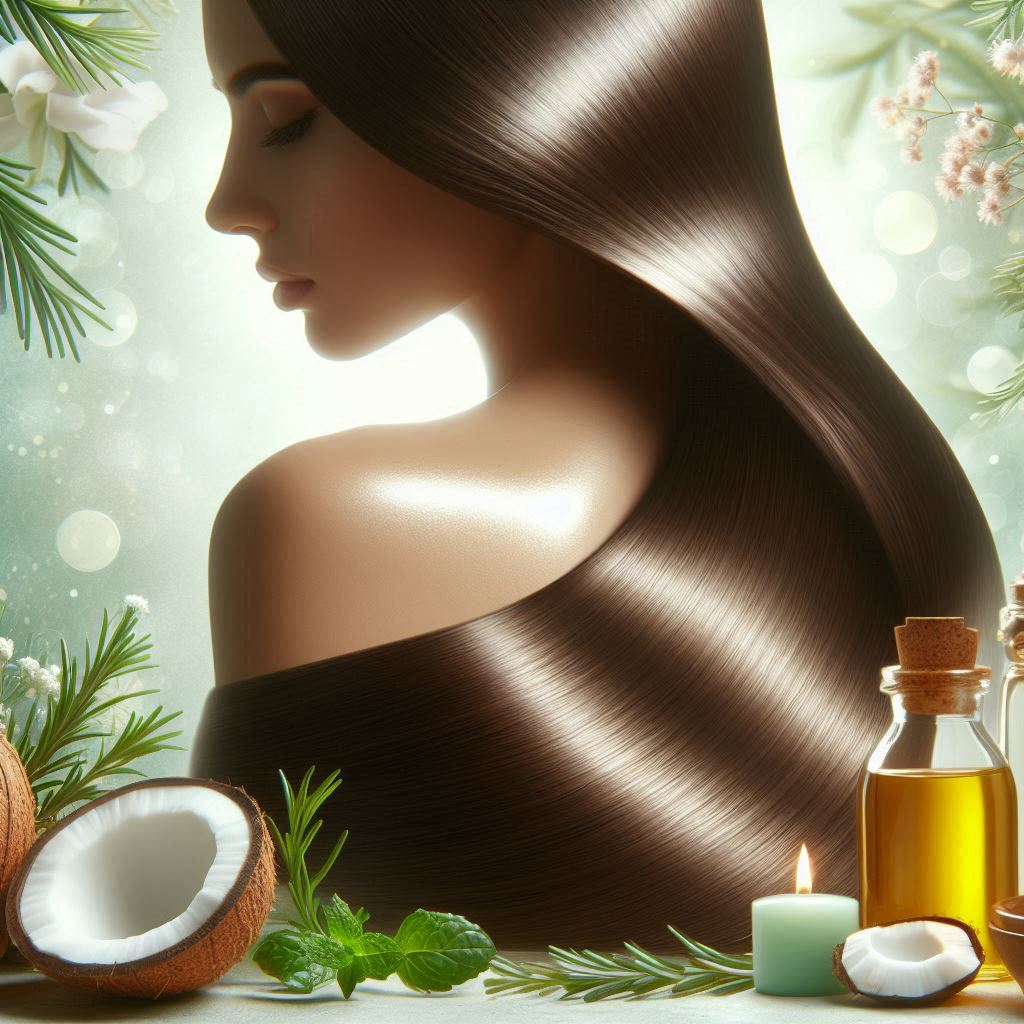
Conclusion:
While topical treatments like oiling can provide temporary relief and shine, nourishing your hair from within is key for sustainable hair health. Foods rich in proteins, omega-3 fatty acids, vitamins, and minerals work synergistically to provide the nutrients your scalp and hair follicles need for optimal function. Incorporating these 20 foods into your diet can answer the question “Which food is good for hair?” and ensure that your hair remains strong, healthy, and radiant. Pair this with a well-rounded hair care routine, and you’ll notice significant improvements in hair texture, growth, and strength.
